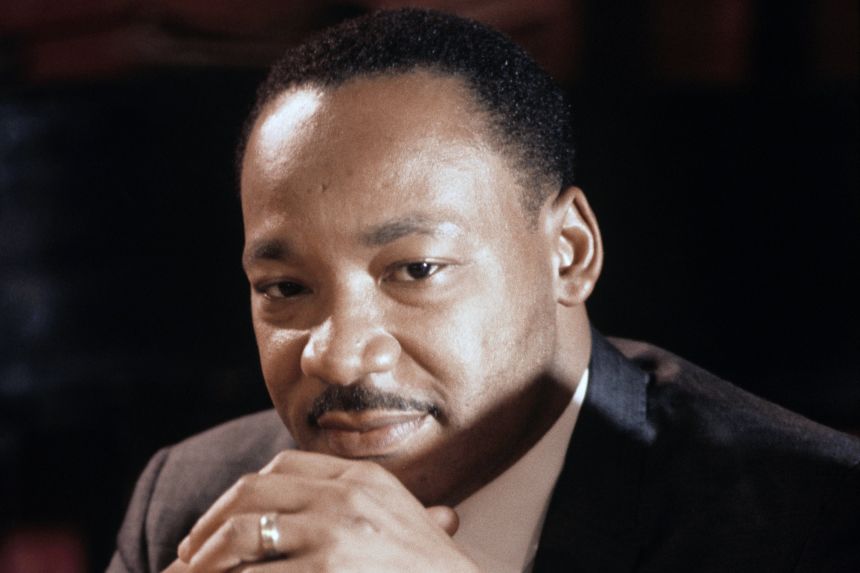OpenAI Bans Martin Luther King Jr. Deepfakes on Sora After Family Complaint
OpenAI has paused the ability to create AI-generated videos of Martin Luther King Jr. using its Sora tool following complaints from his family about “disrespectful depictions.” The decision highlights growing ethical concerns around AI-generated content featuring historical figures.
Key Takeaways
- OpenAI suspended Martin Luther King Jr. video generation on Sora after family backlash
- Public figures and their families can now request likeness protection
- Move follows similar concerns about AI recreations of Robin Williams
Policy Change and Statement
In a Thursday statement posted on X, OpenAI explained: “While there are strong free speech interests in depicting historical figures, OpenAI believes public figures and their families should ultimately have control over how their likeness is used.” The company added that “authorized representatives or estate owners can request that their likeness not be used in Sora cameos.”
Timing and Context
The policy change comes just weeks after the launch of Sora 2, which enables users to create realistic-looking AI videos featuring real and historical people. Critics argue such technology contributes to misinformation and “AI slop” that blurs reality.
Broader Ethical Concerns
The product has sparked significant online discussion about AI ethics. Some creators had been using King’s likeness for inappropriate purposes. The issue gained attention when users recently recreated late actor Robin Williams in AI videos, prompting his daughter Zelda to describe them as “disturbing.”
Family Engagement
OpenAI specifically thanked “Dr. Bernice A. King for reaching out on behalf of King, Inc., and John Hope Bryant and the AI Ethics Council for creating space for conversations like this.” The King Center has not yet responded to media requests for comment.




